GREEN: Grenoble Energy Transition Academy
Climate change and the need for sustainable development of our societies call for a profound energy transition. GREEN addresses this challenge and brings together students in the Humanities and Social Sciences and Engineering Sciences to work on the evolution of socio-technical systems and societal behaviors at the territorial level.
Through a series of educational activities, GREEN's objective is to train tomorrow's research and innovation managers in the academic, industrial and service sectors. It is important to build the generation of tomorrow's researchers/developers who will be able to take on the many dimensions of the energy transition. They will thus be able to take up the scientific challenges together: according to their skills, they will carry out innovative analyses, evaluate policies and systems and build responses, while integrating science and technology, economics and markets, public policies and human actors.
GREEN teaching units
Two teaching units spread over the two semesters of the 1st year
- Climate and Energy for a Sustainable Transition (3 ECTS)
The first teaching units covers the main scientific elements of energy and its impacts on the climate, with an overview of the different energy vectors and sources, their roles in the development of our societies, the essential transformations of primary energy for the user, as well as the main issues (climate, health, environment) of an energy transition respectful of sustainable development. - Energy systems for the transition (3 ECTS)
The second teaching units focuses on the evolution of energy systems, with particular reference to the challenges of integrating renewable energy sources, the development of Smartgrids and the concept of the Internet of Energy, in order to ultimately address the energy transition as seen through the evolution of technological, socio-economic and governance systems.
Two teaching units in the 2nd year
- Multidisciplinary project (3 ECTS)
This teaching unit offers the opportunity to work on a scientific and/or technological project as a workshop. Students will thus be introduced to multidisciplinary research in the context of the energy transition on research projects of participating laboratories of GREEN thematic program. - Designing a research project (3 ECTS)
This last teaching unit focuses on research methodologies in a spirit of openness and interaction between the different disciplines. It will also allow students to begin thinking about a Ph.D. research project.
The program also includes a first internship in the 1st year (minimum of 2 months) in a research laboratory or in an R&D department or design office related to the problems of the energy transition. A second internship in the 2nd year (minimum of 5 months) completes the students' training through and for research, to prepare them for a further Ph.D..
Finally, throughout the two years of training, activities and events will be organized to create a "GREEN Transition Academy spirit" within the students and to open up to them UGA’s scientific and technological communities.
How to apply
Courses are taught in French or English.
Students should first be enrolled in one of the Master’s degree or Engineering curriculum listed below:
| Master’s degree / Engineering curriculum | Year | University Department or Engineering School |
Language |
|---|---|---|---|
| Master’s degree in Energy Economics and Sustainable Development (EEDD) |
1st and 2nd |
Faculté d’Economie de Grenoble (FEG) | French |
| Master’s degree in Design of Electrical Energy Systems (CSEE) |
1st and 2nd |
PhITEM | French |
|
M1 Applied Mechanics, then M2 Fluid Mechanics and Energetics (FME) |
1st and 2nd |
PhiTEM/Ense3 | French |
| Master’s degree in Electrical Engineering for Smart grids and buildings (SGB) | 1st and 2nd | Ense3 | French/English |
| Electrical Power Engineering (IEE) |
2nd and 3rd |
Ense3 | French |
| Nuclear Power Engineering (IEN) |
2nd and 3rd |
Ense3 | French |
| Energy systems and associated markets Engineering (SEM) | 2nd and 3rd | Ense3 | French |
| Mechanical and Energy Engineering (ME) | 2nd and 3rd | Ense3 | French |
| Automatic control and Intelligent Systems Engineering (ASI) | 2nd and 3rd | Ense3 | French |

